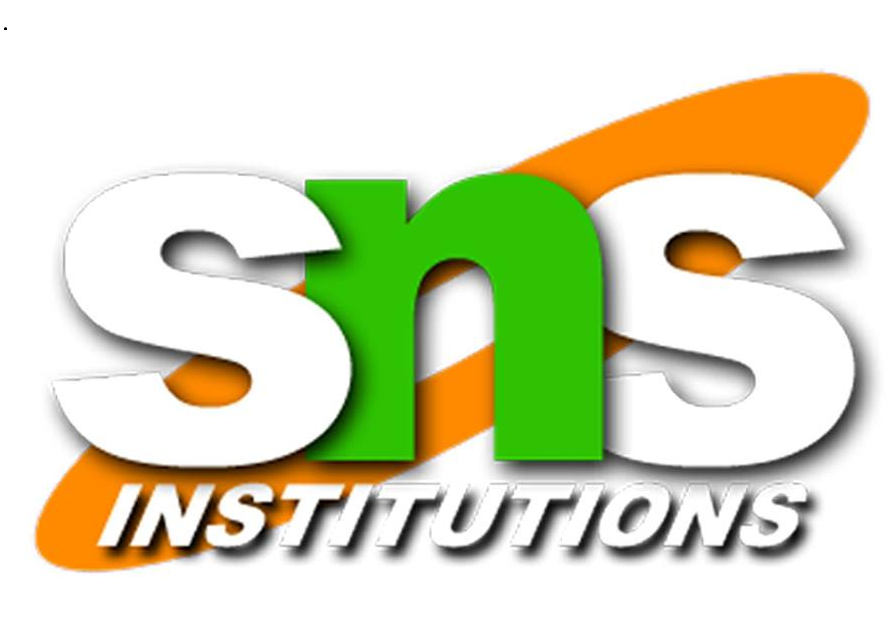PART A – GENERAL PSYCHOLGY
A. DEFINITION OF PSYCHOLOGY
Definition of psychology, basic information in relation to following schools methods And branches Schools: structuralism, functionalism, behaviourism, psychoanalysis, gestalt psych. Methods: introspection, observation, inventory and experimental method. Branches: general, child, social, abnormal, industrial, clinical, counselling
B. HEREDITY AND ENVIRONMENT
Twins, relative importance of heredity and environment their role in relation to physical characteristics, intelligence and personality, nature – nurture controversy.
C. DEVELOPMENT AND GROWTH BEHAVIOUR
Infancy, childhood, adolescence, adulthood, middle age, old age
D. INTELLIGENCE
Definitions-IQ, mental age, list of various intelligence tests- WAIS, WISC, Bhatia performance test, Raven progressive matrices test.
E. MOTIVATION
Definition – motive, drive, incentive, reinforcement, basic information about primary Needs: hunger, thirst, sleep, avoidance of pain, attitude to sex
F. EMOTIONS
Definition, differentiate from feelings, physiological changes of emotion. Rule of RAS, hypothalamus, cerebral cortex, SNS, adrenal gland, heredity and emotion, Nature and control of anger, fear, and anxiety.
G. PERSONALITY
Definition. List the components: physical characteristics. Discuss briefly the role of heredity, nervous system, physical characteristics, abilities, Family and culture on personal development. Basic concepts of Freud: unconscious, conscious, id, ego, super ego. Personality assessment: interview, standardized, non standardized, exhaustive and Stress interviews. List and define inventories BAL, CPI, MMPI. Projective testsRorschach, TAT, Sentence completion test.
H. LEARNING
Definition, List the laws of learning as proposed by Thorndike. Types of learning: Classical conditioning, Operant conditioning, Insight learning, Observational, Trial and error type. List the effective ways of learning: Massed & spaced, Wole & part, Recitation & reading, Serial & free recall, knowledge of results, associations, organizations, mnemonic methods, incidental & international learning, role of language.
I. THINKING
Definitions, concepts, creativity, steps in creative thinking. List the traits of creative People, delusions.
J. FRUSTRATION
Definition, sources, solution, conflict; approach – approach, avoidance – avoidance, Approach – avoidance.
K. SENSATION, ATTENTION AND PERCEPTION
Sensation – vision, hearing, olfactory, gestation and cutaneous sensation, movement, Equilibrium and visceral sense. Attention – Define attention and list the factors that determine attention: nature of Stimulus intensity, color, change, extensity, repetition, primary motives. Perception – Define perception and list the principles of perception figure ground,Constancy, similarity, proximity, closure, continuity, values and interest, past experience context, needs, moods, religion, sex, perceived benefits and socioeconomic status. Define illusion and hallucination.
L. LEADERSHIP
Qualities of leadership: physical factors, intelligence, sociability, will and dominance.
A. INTRODUCTION
Definition of sociology, sociology as a science of society, uses of study of sociology, application of knowledge of sociology in Physiotherapy.
B. SOCIOLOGY AND HEALTH
Social factors affecting health status, social consciousness and perception of illness. Social consciousness and meaning of illness, decision making in taking treatment. Institutions of health, their role in the improvement of the people.
C. SOCIALIZATION
Meaning of socialization, influence of social factors on personality, socialization in hospital, socialization in rehabilitation of patient.
D. SOCIAL GROUPS
Concepts of social groups, influence of formal and informal groups on health and sickness, the role of primary groups and secondary groups in the hospital and rehabilitation settings.
E. FAMILY
Concepts of community, role of rural and urban communities in public health, role of Community in determining beliefs, practices and home remedies in treatment.
F. CULTURE
Components of culture, impact of culture on human behaviour, cultural meaning of Sickness, 20 response of sickness & choice of treatment, culture induced symptoms and disease, sub-culture of medical workers.
G. CASTE SYSTEM
Features of the modern caste system and its trends.
H. SOCIAL CHANGE
Meaning of social change, factors of social change, human adoption and social change. Social change and stress. Social change and deviance. Social change and health programmes, the role of social planning in the improvement of health and rehabilitation.
I. SOCIAL CONTROL
Meaning of social control, role of norms, folkways, customs, morals, religion law and other means of social control in the regulation of human behaviour, social deviance and Disease.
J. SOCIAL PROBLEMS OF THE DISABLED
Consequences of the following social problems in relation to sickness and disability, remedies to prevent these problems, Population explosion. Poverty and unemployment, Beggary. Juvenile delinquency, Prostitution. Alcoholism, Problems of women in employment.
K. SOCIAL SECURITY
Social security and social legislation in relation to the disabled.
Sensation – vision, hearing, olfactory, gestation and cutaneous sensation, movement, Equilibrium and visceral sense. Attention – Define attention and list the factors that determine attention: nature of Stimulus intensity, color, change, extensity, repetition, primary motives. Perception – Define perception and list the principles of perception figure ground,Constancy, similarity, proximity, closure, continuity, values and interest, past experience context, needs, moods, religion, sex, perceived benefits and socioeconomic status. Define illusion and hallucination.


